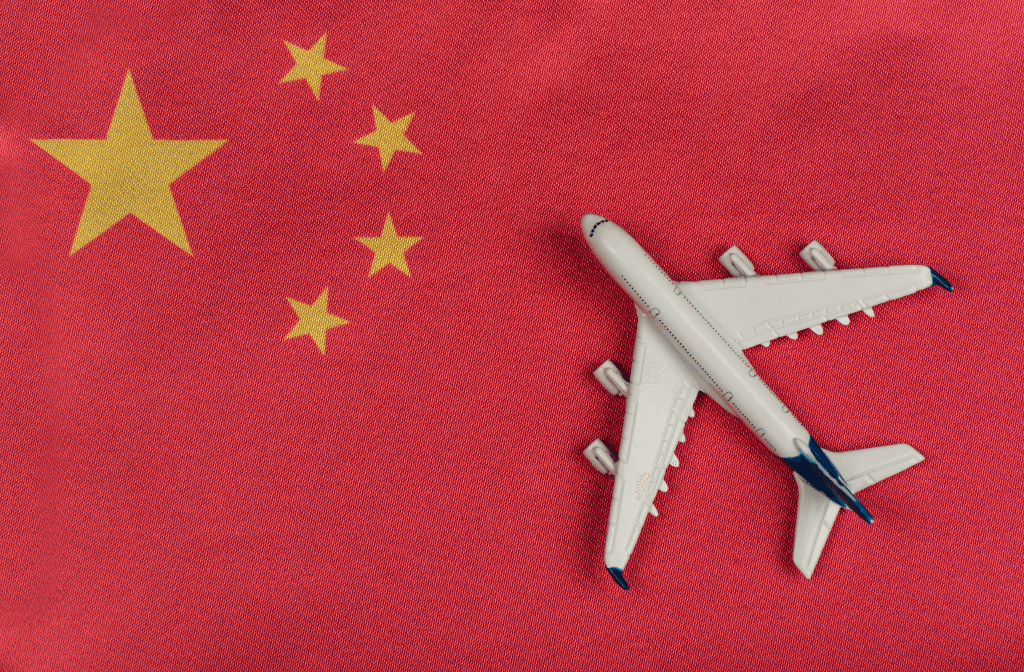The United States will require all travelers from China to present a negative COVID-19 test result before being allowed to fly to the country, starting January 5, 2023.
The test must be taken no more than two days before the flight and can be either a PCR test or an antigen self-test administered through a telehealth service, such as the observed tests for travel offered by Rapid Test & Trace Canada.
-
 Observed Test for Travel$30.00/test
Observed Test for Travel$30.00/test
New Requirements
According to the US Centers for Disease Control and Prevention (CDC) announcement, this requirement applies to air passengers 2 years of age and older traveling to the United States from China, Hong Kong, or Macau, and those traveling from Seoul, Toronto, and Vancouver who have been in China, Hong Kong, or Macau in the past 10 days.
These passengers, regardless of citizenship or vaccination status, are required to show a negative COVID-19 test result taken no more than 2 days before their flight departs. Those who had COVID-19 in the 90 days before their travel to the United States can instead show documentation of recovery from COVID-19.
Traveler-based Genomic Surveillance Program
The CDC is also expanding its Traveler-based Genomic Surveillance program to airports in Seattle and Los Angeles, covering approximately 500 weekly flights from at least 30 countries, including approximately 290 weekly flights from China and surrounding areas.
As CNN reported, the US has expressed concern about China’s lack of transparency regarding its recent surge in COVID-19 cases, including the absence of genome sequencing information that could help detect new strains of the coronavirus.
History of COVID-19 Travel Restrictions
COVID-19 is a highly contagious disease caused by the SARS-CoV-2 virus. It was first identified in Wuhan, China in late 2019 and has since become a global pandemic. The virus is primarily spread through respiratory droplets produced when an infected person talks, coughs, or sneezes, and can also be transmitted by touching surfaces contaminated with the virus and then touching one’s face.
To prevent the spread of COVID-19, governments worldwide have implemented various measures, including lockdowns, mask mandates, social distancing guidelines, and travel restrictions. These measures are intended to slow the spread of the virus and reduce the number of infections and deaths.
One measure that has been implemented by some governments is the requirement for travelers to undergo COVID-19 testing before or after international travel. This is often done to prevent the introduction of new cases of the virus into a country and to protect the health of the country’s citizens. Some countries have also implemented quarantine measures for travelers arriving from certain countries, particularly those with high rates of COVID-19 infection.
It is important for individuals to follow the guidelines and measures put in place by their local authorities to help prevent the spread of COVID-19. This includes wearing masks in public, practicing good hand hygiene, and staying home if you are feeling unwell.




















































